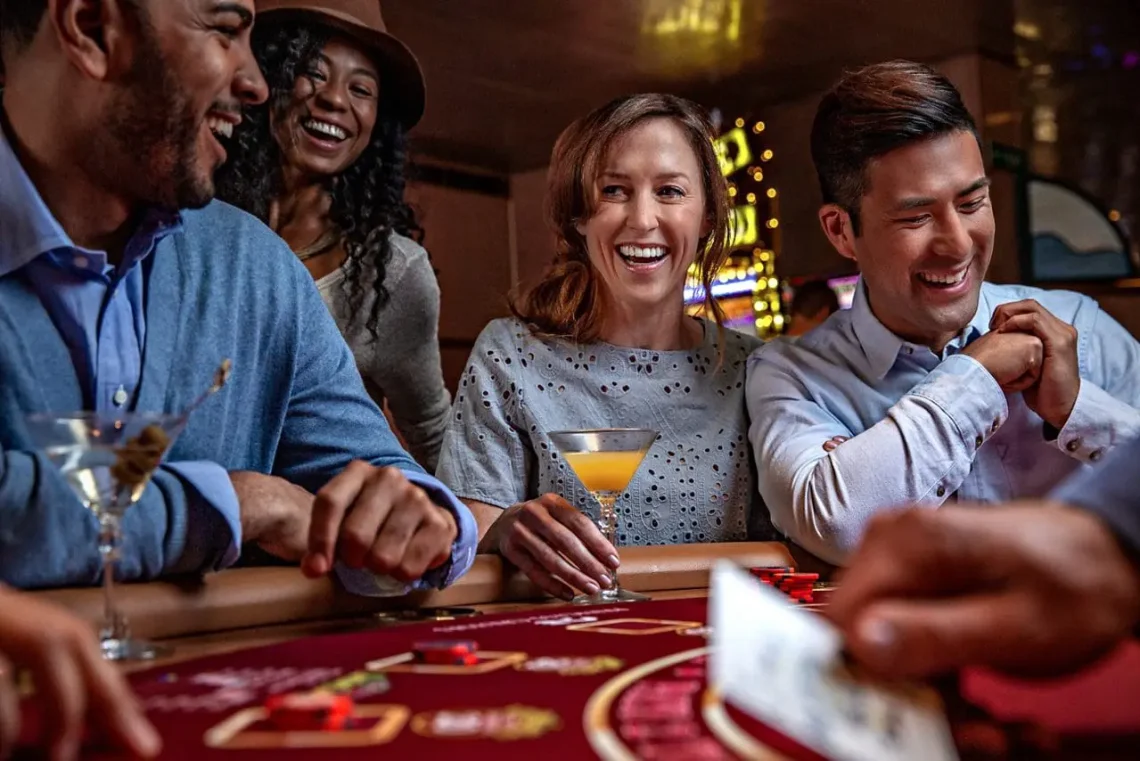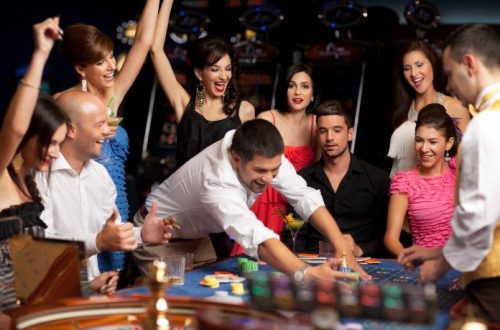
Casinos as a Quiet Room for Emotions That Are Embarrassing to Talk About
Where Silence Speaks Louder Than Words
There are feelings we parade in public – excitement, happiness, pride – and there are feelings we hide, unsure how others might react. For some, these hidden emotions find a home in unexpected places. On platforms like 5gringos, players discover a private, judgment-free space where they can experience emotional states they would never admit to friends, partners, or family.
Casinos – whether online or land-based – are not just spaces for betting. They are emotional quiet rooms. Places where shame, envy, anger, longing, or even grief can be felt fully without the need to explain. The game becomes both the mirror and the container for emotions that are otherwise unspoken.
The Concept of the “Emotional Quiet Room”
What Is an Emotional Quiet Room?
An emotional quiet room is not about physical silence – it’s about emotional privacy. In the casino context, it’s the mental space where:
- No one asks “why you feel that way.”
- No one interrupts the experience.
- You can process feelings without social consequence.
Why Casinos Fit This Definition
Casinos, especially online, are:
- Anonymously accessible
- Nonjudgmental by design
- Focused on individual experience
This combination allows players to inhabit emotions without performance.
Emotions That Seek Refuge in Casinos
1. Quiet Anger
Some players arrive after a day of suppression – hiding irritation at work, in relationships, or within themselves. A few hands of blackjack or spins of the roulette wheel become a way to let that tension move without confrontation.
2. Secret Envy
It’s difficult to admit envy to friends or family. In the casino, you can channel envy into competitive energy, aiming to “beat the odds” without harming relationships.
3. Unspoken Sadness
For those in grief or depression, the game’s structure offers temporary emotional scaffolding – a frame to lean on while the inner world feels unstable.
4. Forbidden Joy
Some wins feel “too selfish” to celebrate openly – especially if loved ones are struggling. In the casino, that joy is private, safe, and free from guilt.
The Paradox of Isolation and Connection
Casinos are paradoxical: you are alone in your game, yet connected to a larger ecosystem of players, dealers, and outcomes.
- Isolation: No one needs to know what brought you there.
- Connection: Shared experiences (chat features, live dealers, community wins) remind you you’re not truly alone.
This duality makes casinos uniquely equipped to hold uncomfortable emotions.
Why It’s Hard to Talk About These Emotions Elsewhere
Social Norms and Emotional Hierarchies
In most cultures, certain emotions are less socially acceptable to share:
- Resentment
- Bitterness
- Desperate hope
- Vindictive pleasure
Talking about these feelings risks judgment or pity. In a casino, they can be felt fully, privately.
Language Barriers for Feelings
Some emotions don’t even have easy words. They are better expressed through action – betting, waiting, risking – than through speech.
The Casino as a Controlled Chaos Container
The unpredictability of casino games mirrors the unpredictability of emotional life. The difference? In the casino:
- The stakes are known.
- The chaos is bounded.
- The risk is voluntary.
This containment makes it safe to flirt with volatility – something many won’t allow themselves in everyday life.
Case Study – “I Came for the Cards, Stayed for the Silence”
Mark, 38, started playing poker online after a divorce. He realized quickly:
“It wasn’t about winning. It was about having a space where I didn’t need to explain how I felt. The cards didn’t care if I was sad or angry.”
For Mark, the casino wasn’t an escape – it was a permission slip to feel.
The Role of Anonymity in Emotional Freedom
Online platforms remove visual cues, personal histories, and social obligations. Anonymity:
- Allows riskier emotional expression.
- Removes fear of being “read” or judged.
- Lets players craft temporary emotional identities for the session.
How Game Mechanics Support Emotional Processing
Rhythmic Play
Slot machines and card games create repetitive patterns that can soothe heightened emotions – similar to meditation or pacing.
Micro-Decisions
Games require small, low-stakes decisions that rebuild a sense of agency when life feels out of control.
Clear Feedback Loops
Wins and losses provide immediate emotional validation – no delayed consequences or mixed messages.
Emotional States Amplified by Casino Environments
Anticipation
Waiting for the next card or spin mirrors the suspended tension in certain life situations – but here, resolution always comes quickly.
Relief
Even losing can release tension, providing an endpoint to emotional build-up.
Euphoria
A win can act as a cathartic breakthrough, allowing joy to surface in a context where it feels safe.
The Ethics of Emotional Privacy in Casinos
From an industry standpoint, the emotional privacy casinos offer is both a strength and a responsibility. Casino platforms:
- Must respect player anonymity.
- Should avoid exploiting emotional vulnerability.
- Can provide tools for responsible emotional engagement.
When the Quiet Room Becomes a Locked Room
The danger arises when the casino becomes the only place a player feels they can express certain emotions. Signs include:
- Neglecting other outlets for emotion.
- Using gambling as the sole coping mechanism.
- Avoiding conversations entirely.
Balancing the Private and the Public
Healthy use of the casino as an emotional space means:
- Recognizing when to step out and process feelings in other ways.
- Maintaining relationships where emotions can be shared openly.
- Using the casino for temporary containment, not permanent residence.
Unusual Expert Insight – Casinos as Emotional “Dark Rooms”
In photography, a dark room is where images develop in controlled conditions, away from light that could distort them. Casinos act similarly for emotions – giving them space to form without exposure to the “light” of judgment. The risk, as in photography, is over-developing the image until it’s unrecognizable.
Tools for Responsible Emotional Play
Platforms can integrate:
- Emotion check-ins before and after play.
- Session time limits to prevent emotional spirals.
- Optional mood tracking for player awareness.
Final Thoughts – The Silent Dialogue Between Player and Game
Casinos are more than entertainment. For some, they are quiet confessionals, mirrors, and safe houses for feelings that don’t fit neatly into conversation.
The key is knowing when the quiet is helping you process – and when it’s keeping you from speaking at all.



